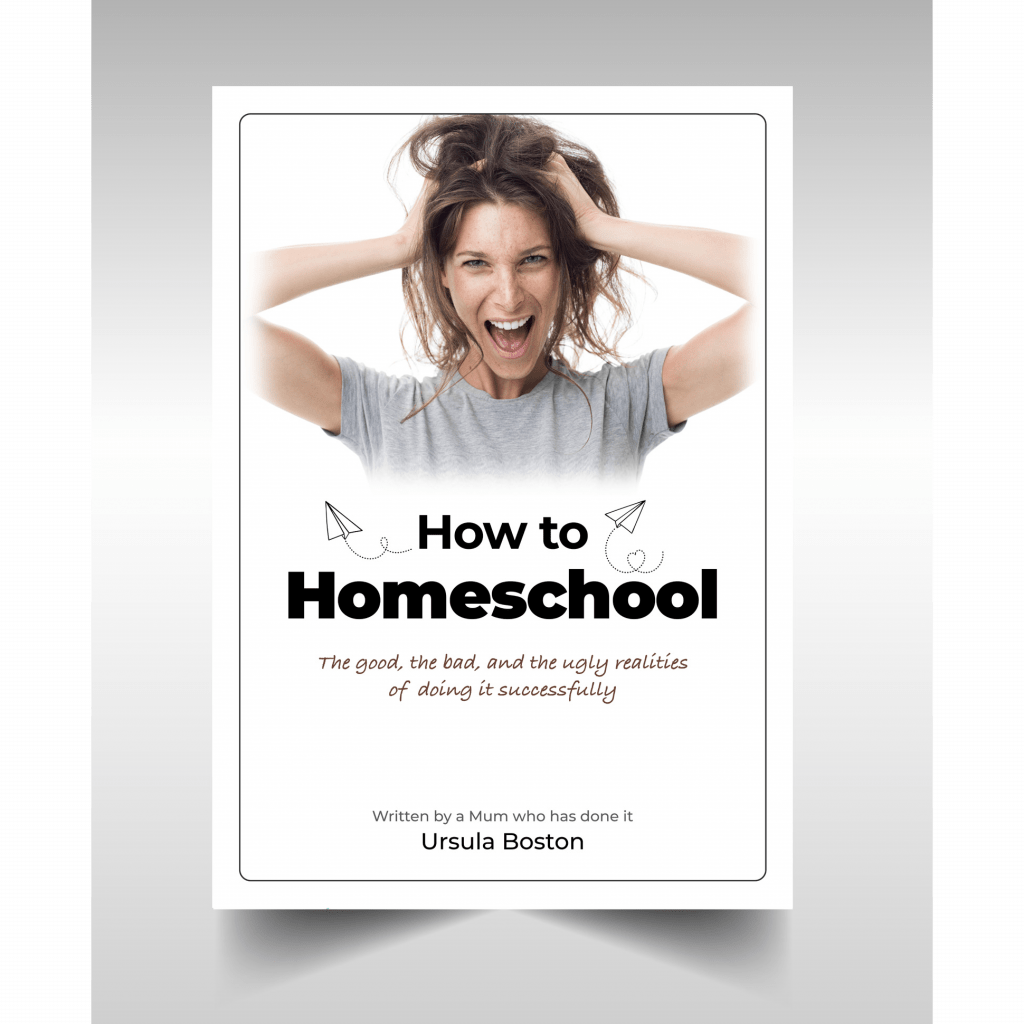University entry in Australia has gone through some drastic changes over recent years, especially with the impact of the pandemic and another change in the senior ranking system.
Recently it changed from ” OP (overall position) Score” to ATAR. ( This is a whole new story I will go through in a future post.)
Along with these changes Homeschooled parents have become concerned about how this will impact their kids with entry into University now and in the future.
Let me say this…since 2020 I believe University entry has never been easier with more pathway options
Homeschooling in Australia is becoming increasingly popular. Families are actually choosing this alternative way to educate their kids. However, with this choice, there are a few important factors that may need a little more research if students want to pursue a career that requires university entry.
So let’s start at the beginning… by definition, two distinct variables of homeschooling may impact university eligibility.
Parents need to have discussions with their child/student as to how they see their future. In particular, if they are entering their senior years and have the desire to enter university.
General university entry requires an ATAR ranking and some homeschooled students are unaware of this. To get this you can be homeschooled but only through a Distance Education Program.
Long story short, homeschooled students can gain an university education….But it may take an alternative route to get there.
Yes University is achievable if you have a homeschooled child/student
There are TWO distinct ways of homeschooling that are relevant to the typical Australian definition of homeschooling. Each way is different and may impact entry into the University.
1. Distance Education Homeschooling
Firstly, in years past it was only children living in remote areas who were primarily homeschooled through a Distance Education program. This was done via a paper-and-post form of learning.
This way is still relevant today but done electronically. It is governed by the Education Department relevant to each individual state and territory. Nowadays parents are choosing this way to educate their kids in a home environment, and the reasons why are varied. From bullying to the failure of the current education system and many other reasons.
In this type of homeschooling all resources, textbooks and materials are supplied to the student by the Education Department It follows the strict state curriculum that students follow in all schools.
Along with this students have allocated teachers for guidance and subject instruction. In addition, certain subjects and content are compulsory as are assessment criteria and timelines.
This type of homeschooling way is mimicking the classroom but in a home environment. Therefore a type of homeschooling…
The bonus of this way of homeschooling is that a Distance Education program offers senior students eligibility to gain an ATAR marker.
This ATAR score is required for University entry for graduating year 12 students.
2. Unschooling – Homeschooling
This type of homeschooling has a modern term known as unschooling.
Typically subjects, content and resources are all selected and planned by the parent/tutor. Special considerations are required for this type of education and permissions need to be gained from State Education Authorities.
Homeschooler parents have the freedom to choose the content and subject topics aka curriculum and also the number of learning hours.
This freedom of choice allows flexibility and gives an open opportunity for more intense study or a slower learning pace to suit the child.
It does not typically follow a classroom-style environment but rather a more natural way of learning. It is a high-intensity workload for the parent depending on the planned outcomes that the parent wishes the child/student to learn.
What is ATAR for university entry?
ATAR stands for Australian Tertiary Admission Rank and it is used by universities across Australia to help select Year 12 students for entry into applied courses.
ATAR is used nationally for tertiary admissions and indicates a student’s position relative to other students. It is a number between 0.00 and 99.95.
If a student has an ATAR result they are eligible for entry into University if they meet the required ATAR rank and are selected for their course for further study.
Basically, this alternative type of education is governed primarily by the parent of the student.
Long story short…
If your kids are homeschooled via a distance education program they can opt to get an ATAR ranking for university.
If they are unschooled – homeschooled ( ie not governed through the education department) they will need to seek an alternative pathway for university entry.
The alternate university pathways for homeschooled students
Higher University education offers the opportunity for our children to study in a field that they are passionate about. For some students, it may be in the field of professions such as science, medicine, or engineering.
Over the past few years, the process of gaining entrance into university has become easier for those individuals who do not have an Australian Tertiary Admissions Rank – otherwise known as an ATAR.
1. Senior students at TAFE – VET Study
Each state offers a slightly different variation of senior study opportunities via TAFE.
TAFE in many states are now providing university pathway courses, and for a number of diploma courses, you may even get a full-year credit in the universities that partner with that TAFE.
In addition, all TAFE centres offer nationally recognised VET Studies (Training Packages or Accredited Courses)
These certifications can be used to apply for university entry into particular courses as a bridging pathway.
In Queensland, if your student is 15 years old or above, you can simply submit the application form ensuring that the year 10 completed box is ticked. A year ten completion certificate is not required as they no longer exist. This is great news for entry into a TAFE course, however, the student must have general reading, writing and math proficiencies.
In 2016, the HEA(Home Education Authority) worked with the NSW Minister for Skills to change access to TAFE, removing the need for a year 10 certificate to access the Smart and Skilled TAFE program. Homeschooled children aged 15 years and above who are registered with NESA, are now able to enrol in Smart and Skilled registered courses.
2. Open Universities
These universities offer hundreds of online degrees or subject courses.
Many homeschooling students have gained full degrees via this pathway, ( particularly business & management courses) or used it as a Year 12 alternative to gain entry into their chosen course.
As unbelievable as it sounds, some of these courses are free of charge. What is also great is that homeschooled students can apply for these courses without any formal academic certificates or testing requirements.
It is a great way for a student to show initiative and at the completion of the course, students will often receive an ATAR that will allow them to go on and study the course of their choice.
3. Direct University applications
This I like to call good old-fashioned hustling. Sometimes to get what you want you have to do the hard yards.
If you have the will… you will find a way…..Here’s a bit of help to get you started with the hustling…
- Make a phone call and talk with an admissions officer at the university you are interested in.
- Introduce yourself and ask what the entry requirements are for the course/s you are interested in
- Book a time for you and your student to meet with the admissions officer. This will allow you to showcase what your students can do!
- Bring in a portfolio or record of learning and prep your student to answer why they should be given a spot in the course ( a bit of prep work required)
By doing this and showing initiative the student is able to showcase his/her talents. Many universities have allocated entry numbers for homeschooled students.
Reasons Why Universities Favour Homeschoolers
The reputation in universities of homeschooled students is very positive. The talk is that homeschooled kids are generally well suited to university study and life.
1. Homeschoolers Tailor Education to Their Needs
Homeschoolers have the opportunity to tailor their education to their interests and needs, which can give them an advantage when it comes to college admissions.
Many homeschooled students have taken the time to explore a variety of topics and subjects, and this can be reflected in their applications.
Additionally, homeschooling can allow students to get a jump start on further coursework in addition to general studies, which can also be beneficial come admissions time.
2. Homeschoolers Often Have Higher Academic Achievement
Homeschoolers often have high academic achievement and standardized test scores. This is because they are able to focus on their studies without the distractions of a regular school environment.
They also have more flexibility in terms of what they can study, which allows them to explore their interests in depth.
In addition, homeschoolers typically have very supportive parents who are highly involved in their education. As a result, homeschoolers are often well-prepared for higher education and can be successful students.
3. Universities Are Looking For Well-Rounded Students
Universities are looking for students who are well-rounded and engaged in their community. Generally, they are looking for future community leaders on campus and after uni life.
There are many ways for homeschooled students to demonstrate this, such as through volunteering, participating in extracurricular activities, or taking on leadership roles.
One of the best ways for homeschooled students to prepare for college is to get involved in their community.
Volunteering, participating in extracurricular activities, and taking on leadership roles are all great ways to demonstrate your engagement.
Universities are also looking for students who are well-rounded, so getting involved in a variety of activities is a great way to show that you’re a well-rounded individual.
Final Words of Wisdom…
Today homeschooling has become an alternative choice for educating our kids. The difference is that a child does not physically attend a traditional school nor adhere to a rigid timetable or even curriculum.
If your child/kids are homeschooled it is not a hindrance bestowed on them in gaining university entry.
It may require forward planning and alternative routes, however, a passionate student with self-motivation is a uniquely valuable asset to any university course or any workplace for that matter. These are the kids who become passionate leaders in their chosen fields and in the community. We need to embrace and support that!
And besides…homeschooling is the way of the future…the pandemic was a trial run and it seems like the doubters are slowly seeing the benefits of this alternate way to educate. All in the comforts of our homes.
How to Homeschool your Child?
If you want to learn how to do this from someone who has actually done it. Twice! Now you can. After homeschooling our two daughters through to university, I now have the time to show others how to do it successfully. And hopefully, save some of you the ugly side of homeschooling.
For a limited time – I’m offering massive discounts for any first-time purchase. Use code ( first20off ) at checkout.

How to Homeschool – The Good the Bad and the Ugly Realities of Doing it Successfully
This is the book I wrote to my younger self about doing it successfully. Take it from someone who has been there.
It is everything I have learned from my 18 years as a full-time educator, mum, and housewife.
It is everything you need to get started.

About The Author
My name is Ursula Boston. I’ve been educating my daughters as a proud homeschool mum for nearly 20 years. Alongside managing our household and small business from home.
If you want to learn how to do this from someone who has actually done it. Twice! I will show you HOW.







